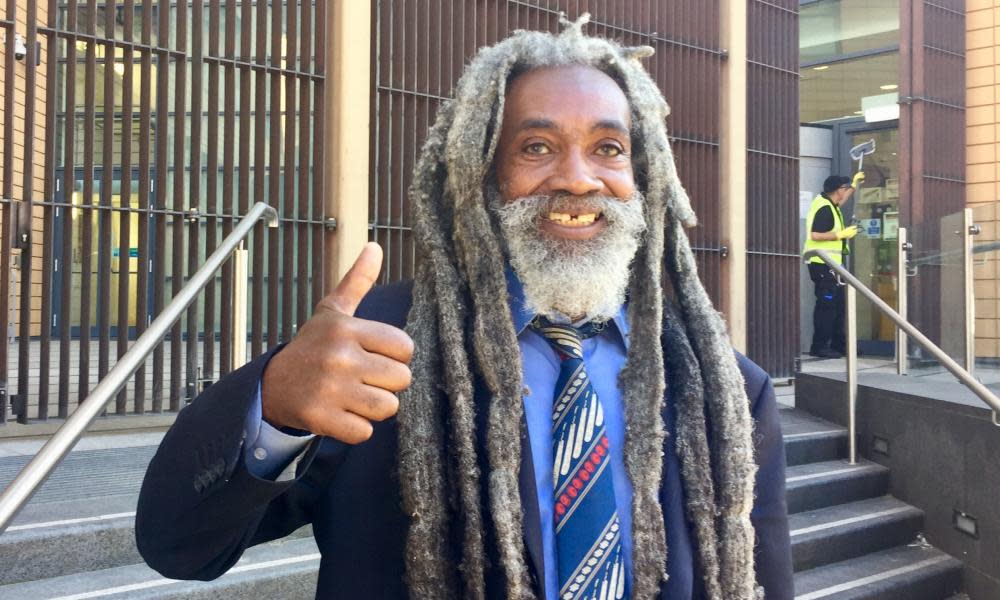The police need more money. But they also need to stop being racist

What an unfortunate coincidence for Avon and Somerset police. Last year they shot their own race adviser, 64-year-old Judah Adunbi, a Rastafarian known as Ras Judah, in the face with a stun gun. They had confused him with Royston McCalla, a wanted man. Last Wednesday, as Adunbi left a shop in Bristol, two officers pulled up alongside him in their car, yelling “Hey Royston, Royston!” and “Are you Royston or are you Ras?”, giggling as they did so. Adunbi is adamant they knew who he was: they were “having a joke.” This is police harassment.
Britain’s police force is institutionally racist. This was the judgement of the 1999 Macpherson report, and it remains the case. This month, chief constable Gareth Wilson, the National Police Chiefs Council lead on diversity, warned institutional racism still plagues policing; and as Tola Munro, president of the National Black Police Association declared in January: “We within the NBPA would argue that we could consider at least some forces are institutionally racist.”
What happened to Adunbi, and the conclusion of these senior officers, must urgently be fed into the national debate. Since the Tories assumed office, they have slashed the number of police officers by 20,000. Such austerity measures have undoubtedly had an impact on the safety of many communities, and Labour has been right to campaign on the issue. It’s not simply about police numbers however. There are many factors behind the rise in violent crime in Britain. Not least the decimation of youth services (a cut of £737m since 2010) and increasing insecurity in the lives of young men who are both the perpetrators and victims of knife crime.
We need to debate a radical restructuring of the police. Black people are far more likely to be stopped and searched by the police, and while this disparity had been reduced, those improvements have gone into dramatic reverse. Last year, black people were more than eight times more likely to be stopped and searched than a white person. When it comes to drugs, black people are nine times more likely to be stopped and searched. And if they are found to possess illicit substances, they suffer more punitive treatment. While the use of stop and search overall has fallen, the practice remains riddled with racism.
Part of the problem is a so-called “war on drugs” which has calamitously failed and which disproportionately targets people of colour, whose lives can be ruined as a consequence. What Labour should surely be arguing for, though, is a quid pro quo, or a “new deal” for policing. Additional police officers should be hired, and government attacks on their pay and pensions reversed. In return, far more stringent measures to tackle police racism must be implemented. A future Labour government should appoint a commission led by people of colour to propose what those policies should be. It is intolerable that – quarter of a century after Stephen Lawrence was murdered – Britons from minority communities are still treated unjustly by the official forces of law and order. The eradication of this injustice is scandalously overdue.
• Owen Jones is a Guardian columnist

 Yahoo News
Yahoo News 
